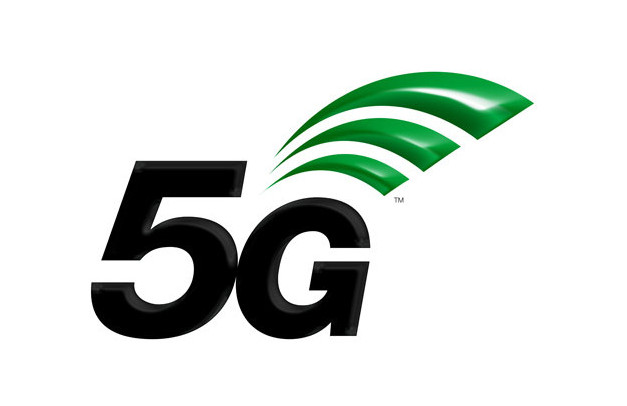
Qualcomm Technologies and Nokia have announced that they have successfully achieved over-the-air (OTA) 5G NR data calls in both the mmWave and sub-6 GHz spectrum bands. It is in compliant with the global 3GPP 5G NR Release 15 specification in NSA mode. The interoperability testing milestones were completed at Nokia’s 5G center of excellence in Oulu, Finland using commercially available Nokia AirScale base stations and a test device powered by the Qualcomm Snapdragon X50 5G modem and antenna modules.
It is integrated with RF transceiver, RF front-end and antennaelements. In February 2018, Nokia and Qualcomm Technologies first completed key 3GPP-compliant 5G NR interoperability testing in the 3.5 GHz and 28 GHz spectrum using a commercially available Nokia AirScale base station and device prototypes from Qualcomm Technologies. The OTA calls are key steps in enabling customers in the 5G ecosystem to launch commercial networks and mobile devices from early 2019 onwards, in the United States, Korea, Europe, Australia, Japan and China.
Durga Malladi, senior vice president and general manager, 4G/5G, Qualcomm Technologies, Inc said:
These successful data calls are a significant step in making 5G a commercial reality in early 2019, and this milestone with Nokia will help enable 5G network deployments across various operators and regions around the world. We will continue to work together to ensure end users have access to the technologies needed to experience transformative 5G experiences.
Tommi Uitto, president of mobile networks, Nokia said:
These key milestone tests with Qualcomm Technologies show the flexibility and capabilities of our AirScale radio access technology to deliver on the promise of commercial 5G. We continue to collaborate with Qualcomm Technologies to ensure our customers can unleash the power of their commercial 5G networks, to support the many new and diverse applications that will meet the demands of people and connected things, as they begin to launch commercial services in early 2019.
